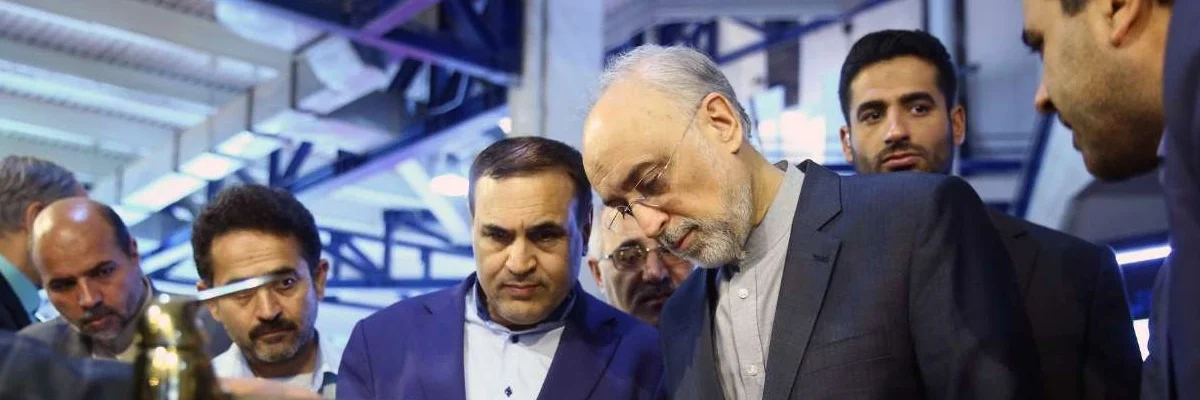Britain, France, Germany to Hold Iran Talks
By Damon Wake
Britain, France and Germany will hold talks Friday on how to preserve the beleaguered Iran nuclear deal and protect shipping in the Persian Gulf.
Tensions have spiked recently in the strategic shipping lane where Iran has seized Western tankers as Tehran and Washington have locked horns over the 2015 deal.
US President Donald Trump last year unilaterally pulled out of the accord that handed Iran relief from sanctions in return for curbs on its atomic programme.
The move alarmed European powers, which see the deal as the best way to stop Iran acquiring nuclear weapons, and infuriated the Islamic republic.
The foreign ministers of Britain, France and Germany -- the three European parties to the deal -- will be joined by EU diplomatic chief Federica Mogherini for talks on the sidelines of an EU meeting in Helsinki
All have repeatedly said they are committed to saving the deal, but efforts to shield Iran's economy from the reimposition of US sanctions have so far borne little fruit.
The G7 summit last weekend brought a glimmer of hope as Trump indicated willingness to talk to Iran and Mogherini said the EU would support such a move -- provided the current deal was preserved.
'Build on Momentum'
Ahead of the meeting, British foreign minister Dominic Raab said they would aim to "build on the momentum of the positive G7 talks on Iran.”
As well as mooting the summit with his Iranian counterpart Hassan Rouhani, Trump also appeared open to a French suggestion that Iran be given a line of credit to help stabilise its economy.
"The nuclear deal is the only deal on the table that prevents Iran from getting a nuclear weapon and we will continue working together to encourage Iran to uphold the agreement in full," Raab said.
"We also need the broadest international support possible to tackle the threats to international shipping in the Strait of Hormuz."
Britain, along with Australia and Bahrain, has joined Washington's Operation Sentinel mission to protect commercial shipping on the crucial oil trade routes through the Gulf, in particular at the Strait of Hormuz.
Other European countries have been cool on the idea, fearing greater naval presence in the region could risk escalating an already febrile situation still further.
The idea has been floated of a European observation mission in the Strait of Hormuz, a strategic choke point at the mouth of the Gulf, but a number of EU countries have voiced reservations.
Mogherini on Thursday gave a cautious welcome to the idea of US-Iran talks but stressed that "first and foremost what is existing needs to be preserved" -- including the 2015 deal.
In response to the US pulling out of the deal and reimposing sanctions, Tehran has breached certain limits on its nuclear production imposed by the accord, but the EU insists Iran has so far not taken any irreversible steps.
Photo: Wikicommons




